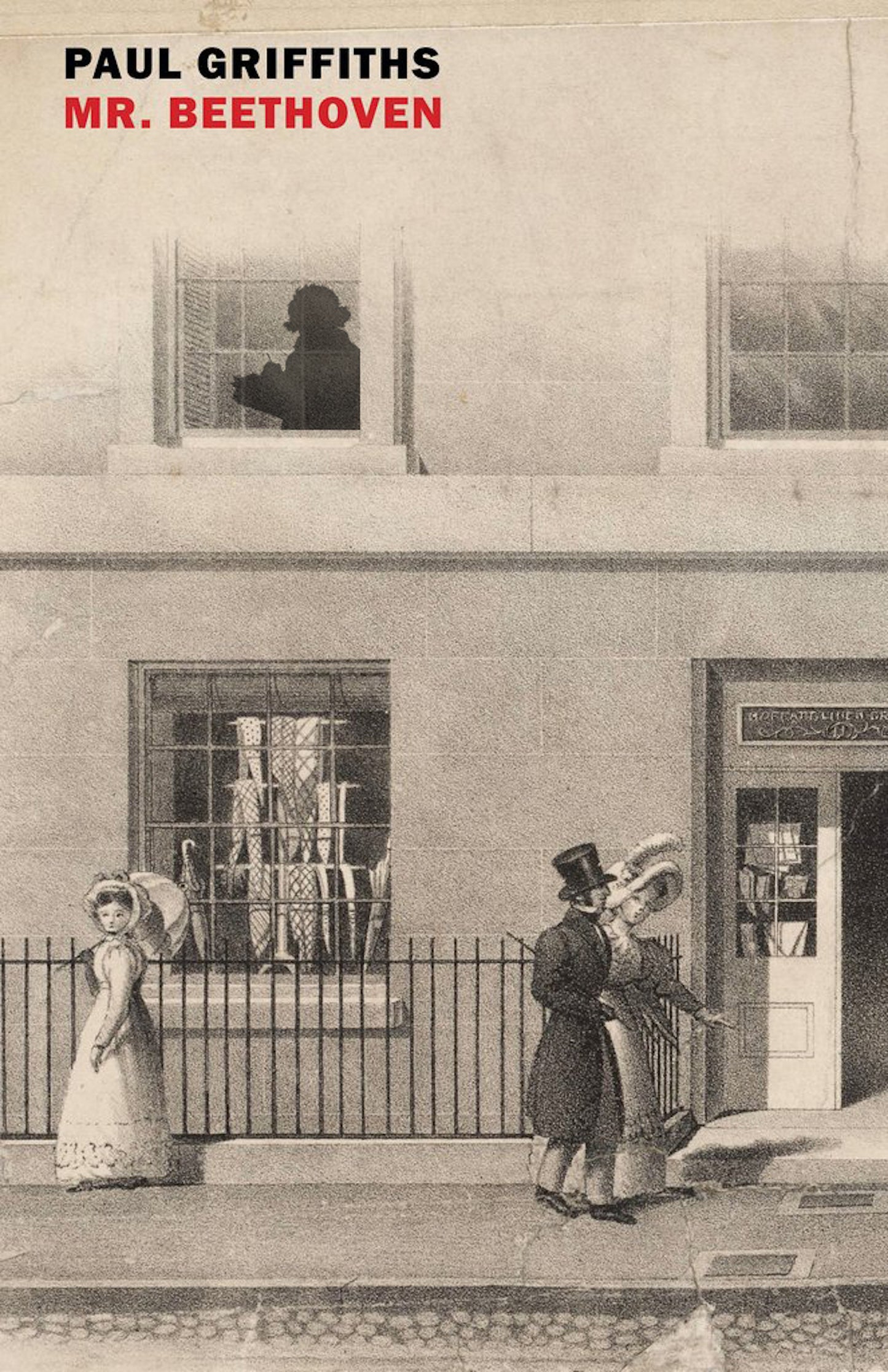[A] novel of great wit and empathy, one that provides a deep insight into the composition of both classical music and historical literature through playful, inventive prose. . . By combining deep scholarship with a broad-minded, philosophical viewpoint, Griffiths has written a thought-provoking novel about possibility that pushes us to think hard about what we know and how we know it. He invites readers to join him in confronting the challenges of reimagining the past, and the spirit of spontaneity he offers is irresistible.
—Michael Patrick Brady, Boston Globe
A formidable display of fantasy scholarship.
—Fiona Maddocks, The Guardian
[A] quixotic and original work of historical fiction. . . Mr. Beethoven is the work of a skillful and imaginative writer, gifted at evoking the sights and sounds, the custom and attire, of an earlier era.
—Joseph Horowitz, The Wall Street Journal
The great composer pays a visit to Boston in this high-concept novel about Old World musical genius and emerging American society....Stylistically rich and thoughtfully conceived historical fiction.
—Kirkus, starred review
Paul Griffiths’s Mr. Beethoven is a novel about interpretation: about how a writer might go about interpreting the life of one of the most well-known—and well-chronicled—composers who ever lived, but also about the role interpretation plays in creativity of all kinds. It is also, like much of Griffiths’s work, a riddling, playful, and often very funny investigation of literary form.
—Jon Day, Music and Literature
What would Beethoven have done with another seven years of life, and where, in the 1830s, might he have gone? The answer, in this audacious but exacting extension of the composer’s late period, is America, where an oratorio, Job, is completed (and performed) in Boston. Suffering and revelation are the subject-matter, but in Paul Griffiths’ hands, the Biblical sorrow undergoes a lasting modulation into a new key of delight in friendship, communication, and creativity.
—Will Eaves
A masterly and witty historical fantasy . . . [that] feels authentic. . . Griffiths incorporates music criticism, send-ups of convoluted 19th-century prose, excerpts from letters, and even auction-catalog descriptions of correspondence and autographs. This wild quilt of styles brings a very human giant of the Classical and Romantic periods vividly to life.
—Publishers Weekly, starred review
Touching, witty, and thought-provoking. . . . By the time you come to the triumphant conclusion of Mr. Beethoven, you’ve likely come to realize that, more than just engaging in a diversionary exercise in wishful historical fiction, Griffiths has crafted a novel that’s a striking meditation on the creative process. . . . An impressive accomplishment, technically and emotionally.
—Jonathan Blumhofer, The Arts Fuse
A playful and innovative work of historical fiction. The virtuosic performance befits the titular composer. . . The world Griffiths constructs is vivid and eminently convincing, conveyed by a narrator who frequently interrupts the narrative to fuss over primary sources or even revise whole scenes. . . With unyielding inventiveness and verve, Mr. Beethoven is a delightful exploration of historical contingency and artistic process.
—Theo Henderson, Shelf Awareness






